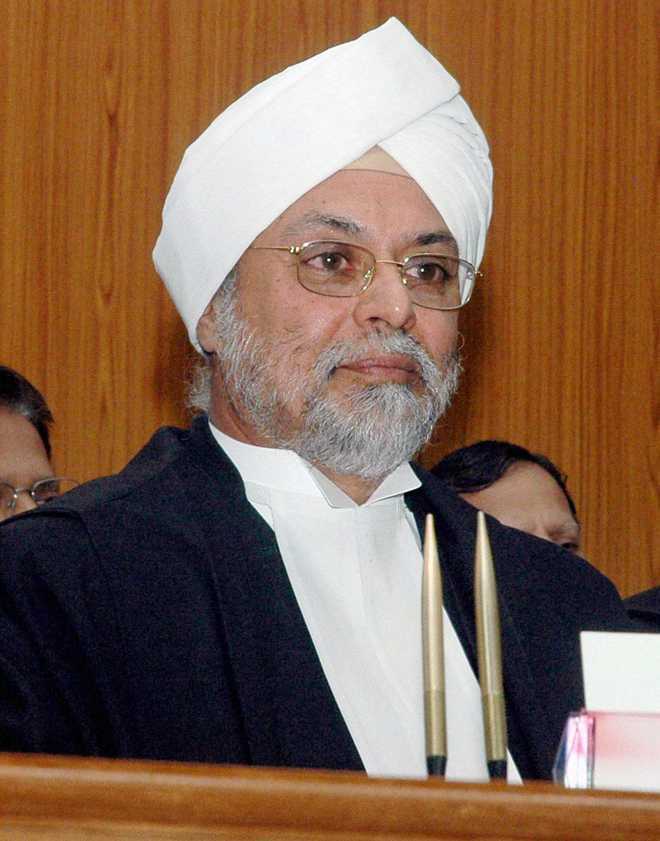
Besides CJI Khehar, the Bench also include Justices Kurian Joseph, R F Nariman, U U Lalit and S Abdul Nazeer.
Tribune News Service
New Delhi, August 22
A Bench of five judges from different religious communities, including Sikh, Christian, Parsi, Hindu and Muslim, which pronounced the historic judgement on the controversial issue of the practice of 'triple talaq' among Muslims were not unanimous in the verdict.
The apex court by 3:2 verdict held that the triple talaq is against the basic tenets of Quran.
Three of the five judges hearing a case questioning the legality of "triple talaq" ruled it as "unconstitutional".
"The government should find a way to frame new laws," the three judges said in their ruling, which overruled the other two judges.
While Chief Justice J S Khehar and Justice S Abdul Nazeer were in favour of putting on hold for six months the practice of triple talaq, asking the government to come out with a law in this regard, Justices Kurian Joseph, R F Nariman and U U Lalit held it as violative of the Constitution.
The court's verdict was marred by confusion initially, with the senior judge, the chief justice of India, announcing that his opinion was to suspend the practice and ask the government to come up with a new law within six months.
He was overruled by the three judges who said it was unconstitutional.
Follow The Tribune on Facebook; and Twitter @thetribunechd)
"Finally I feel free today. I have the order that will liberate many Muslim women," said Shayara Bano, one of the women who brought the case, after the ruling.
Besides CJI Khehar, the Bench also included Justices Kurian Joseph, R F Nariman, U U Lalit and S Abdul Nazeer.
The laws allowed Muslim men to divorce their wives simply by uttering the word "talaq" three times. Muslim women say they have been left destitute by husbands divorcing them through "triple talaq", including by Skype and WhatsApp.
Triple talaq is banned in several Muslim countries, including in neighbouring Pakistan and conservative Saudi Arabia. —Agencies


























